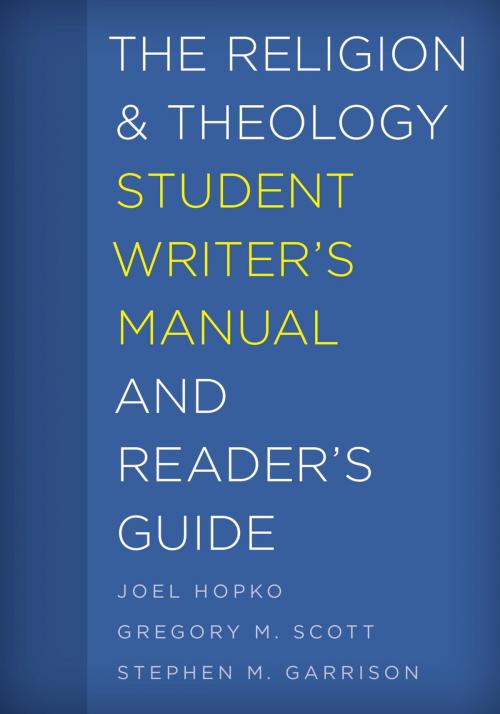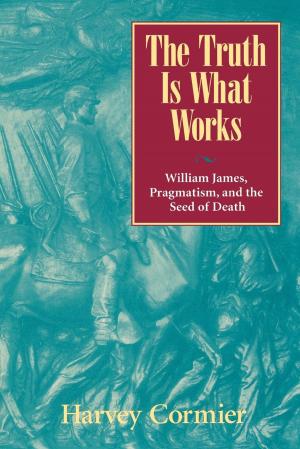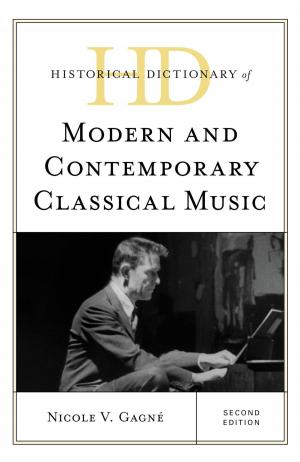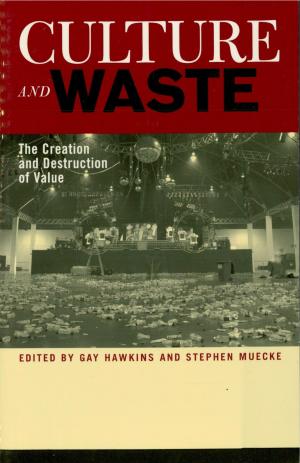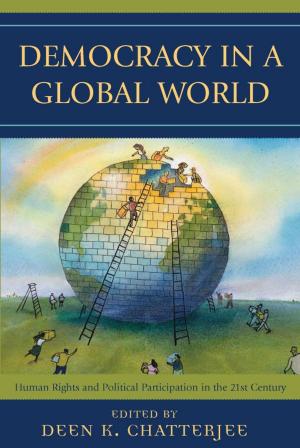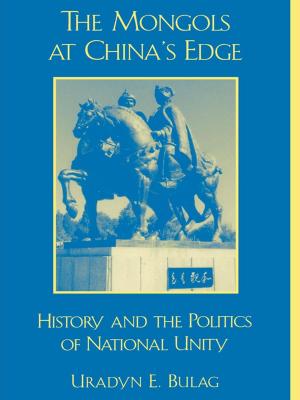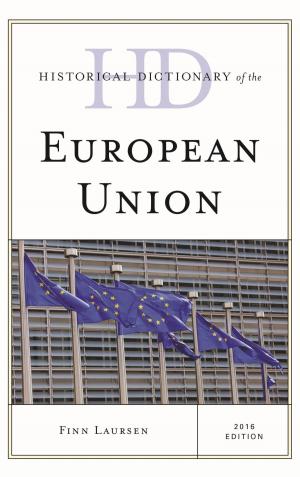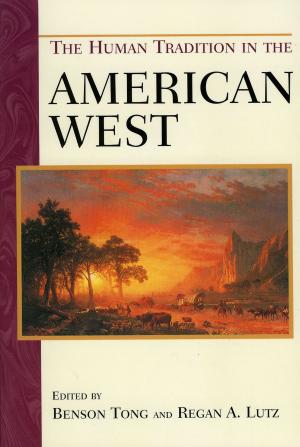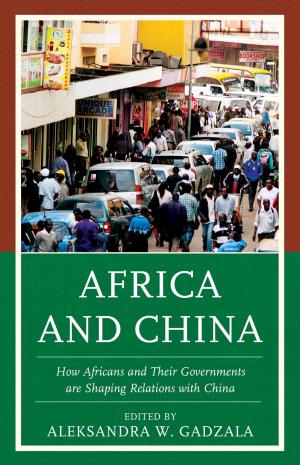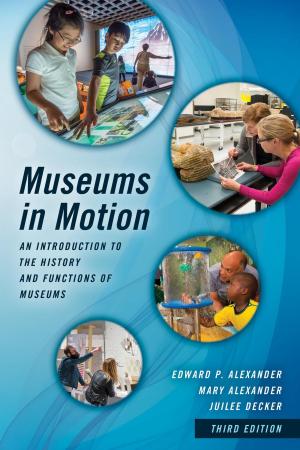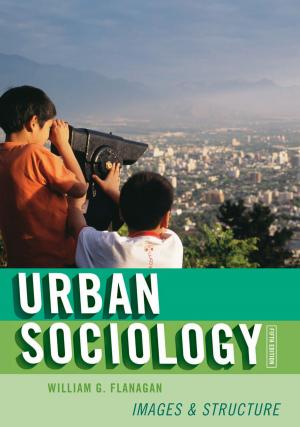The Religion and Theology Student Writer's Manual and Reader's Guide
Nonfiction, Religion & Spirituality, Theology, Reference & Language, Language Arts| Author: | Stephen M. Garrison, Professor, Joel Hopko, Gregory M. Scott | ISBN: | 9781538100967 |
| Publisher: | Rowman & Littlefield Publishers | Publication: | November 2, 2017 |
| Imprint: | Rowman & Littlefield Publishers | Language: | English |
| Author: | Stephen M. Garrison, Professor, Joel Hopko, Gregory M. Scott |
| ISBN: | 9781538100967 |
| Publisher: | Rowman & Littlefield Publishers |
| Publication: | November 2, 2017 |
| Imprint: | Rowman & Littlefield Publishers |
| Language: | English |
The Religion Student Writer’s Manual and Reader’s Guide, is a set of instructions and exercises that sequentially develop citizenship, academic, and professional skills while providing students with knowledge about a wide range of religious concepts, phenomena, and information sources. Part 1 begins by teaching students about reading and writing in introductory religion.It focuses on the crafts of writing and scholarship by providing the basics of grammar, style, formats and source citation, and then introduces students to a variety of rich information resources including the religious journals and the Library of Congress. Part 2 prepares students to research, read, write, review, and critique religious scholarship. Finally, Part 3 provides for the practice of religious scholarship in advanced courses such as the history of religion and contemporary approaches to the study of religion.
The Religion Student Writer’s Manual and Reader’s Guide, is a set of instructions and exercises that sequentially develop citizenship, academic, and professional skills while providing students with knowledge about a wide range of religious concepts, phenomena, and information sources. Part 1 begins by teaching students about reading and writing in introductory religion.It focuses on the crafts of writing and scholarship by providing the basics of grammar, style, formats and source citation, and then introduces students to a variety of rich information resources including the religious journals and the Library of Congress. Part 2 prepares students to research, read, write, review, and critique religious scholarship. Finally, Part 3 provides for the practice of religious scholarship in advanced courses such as the history of religion and contemporary approaches to the study of religion.
